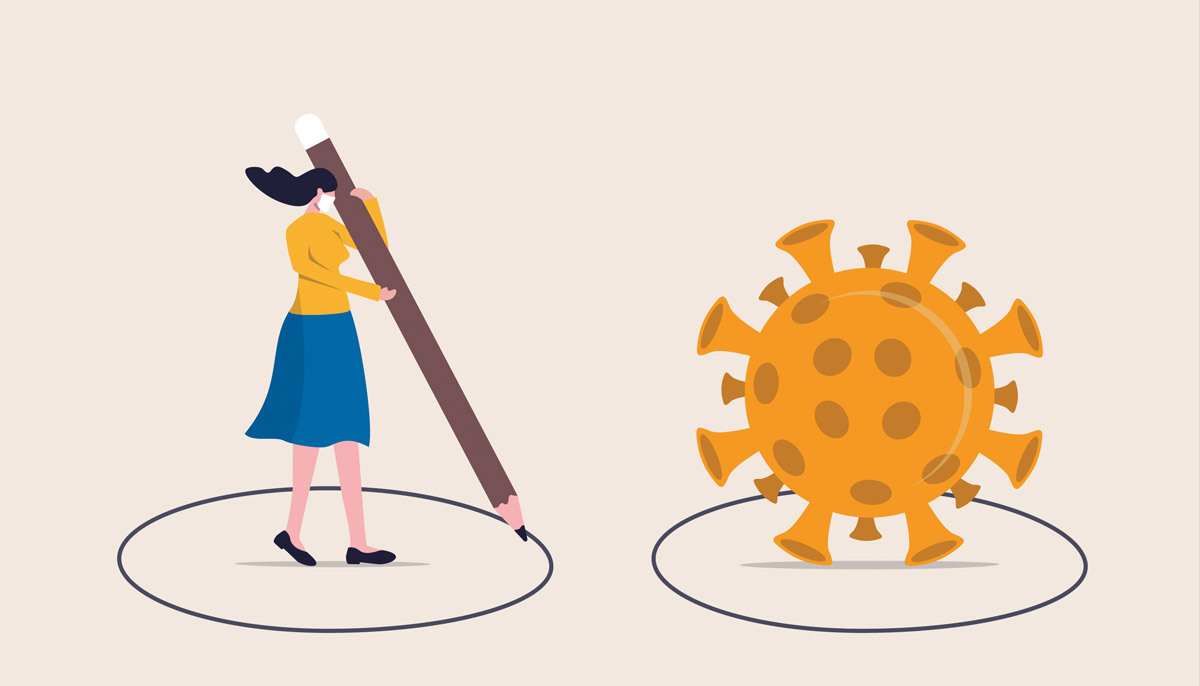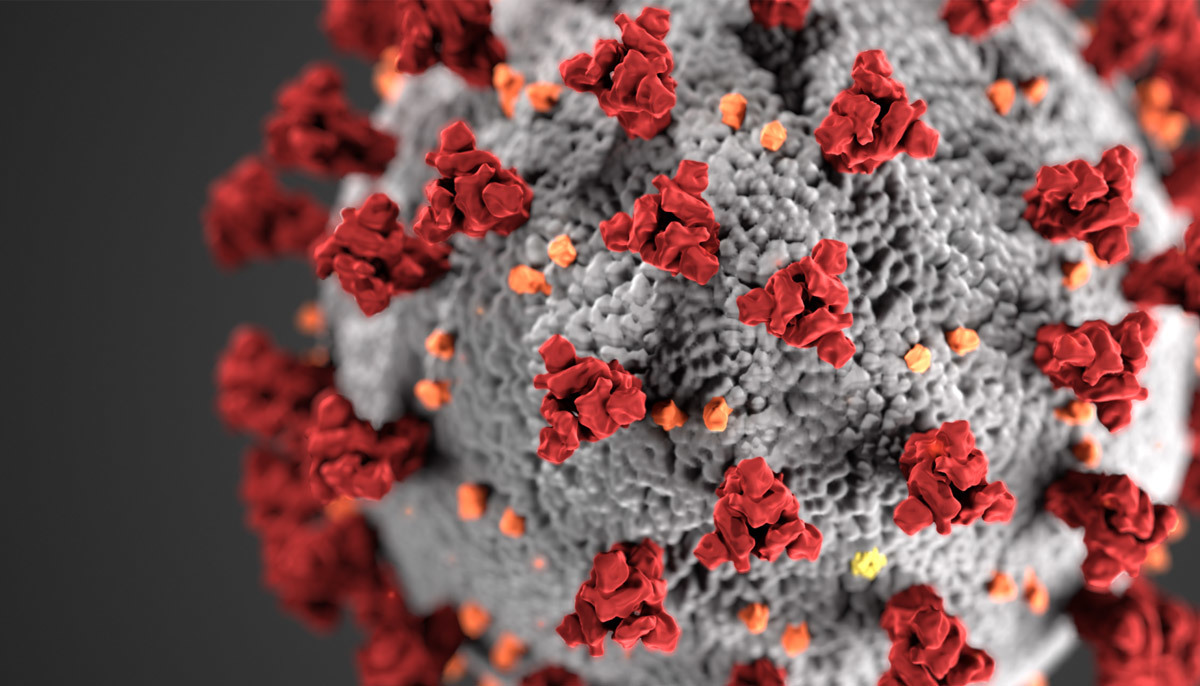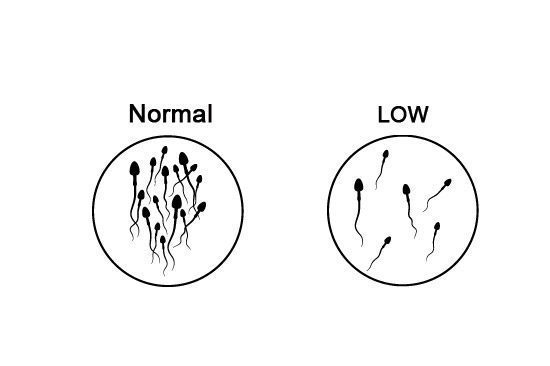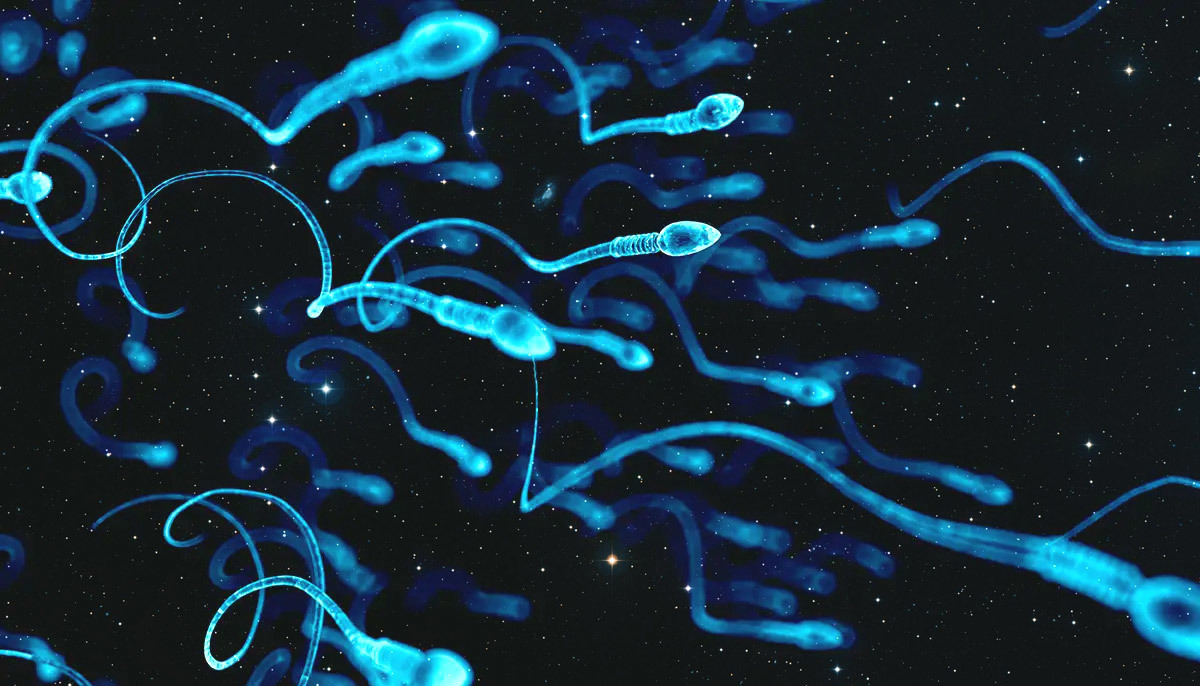Frequently Asked Questions About At-Home Insemination (COVID-19 Specific)
For many, the COVID-19 pandemic has re-routed their journey to parenthood. With at-home insemination, there is a path forward. This option is not only comfortable and affordable when compared to other clinical methods of insemination, but it also supports social distancing. Seattle Sperm Bank can ship tanks right to your home all over the US. … Read more









